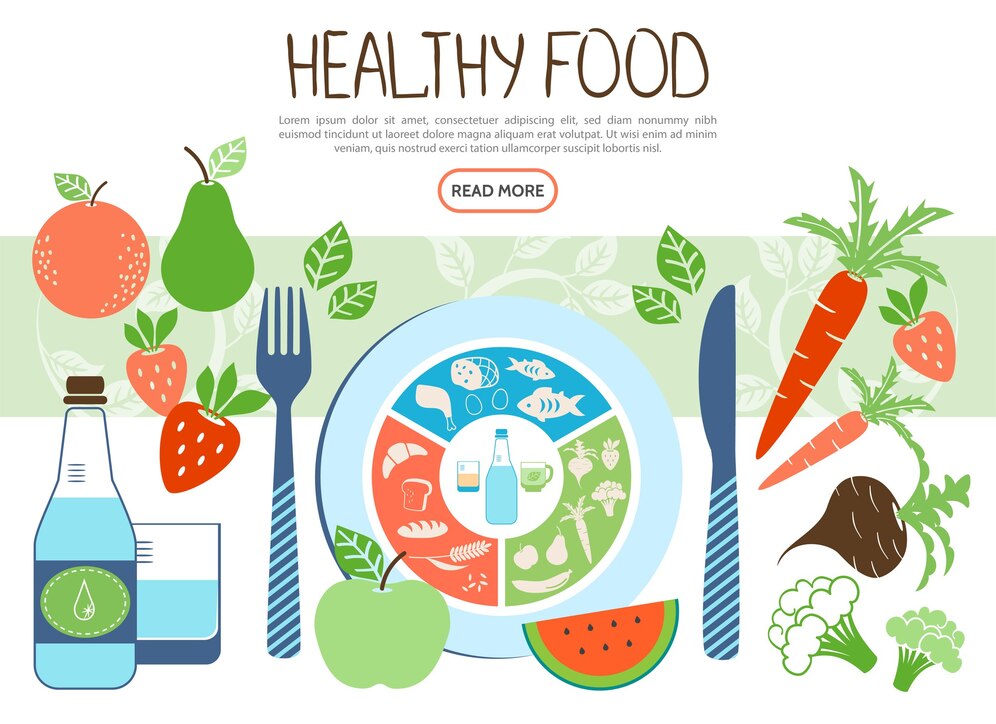Understanding the relationship between diet and pain levels is crucial for optimizing health and well-being. This article delves into the mechanisms by which diet can influence pain perception and offers insights into dietary strategies to manage pain effectively.
The Connection Between Diet and Pain
-
Inflammation and Pain:
Certain foods can promote or reduce inflammation in the body, which directly affects pain levels. Chronic inflammation is linked to conditions such as arthritis and fibromyalgia, where dietary adjustments can play a pivotal role in symptom management.
-
Oxidative Stress:
High levels of oxidative stress can contribute to pain intensity and chronicity. Antioxidant-rich foods can help mitigate oxidative damage and reduce pain associated with conditions like chronic headaches and muscle soreness.
Key Nutrients for Pain Management
-
Omega-3 Fatty Acids:
Found in fatty fish, flaxseeds, and walnuts, omega-3s are known for their anti-inflammatory properties. Incorporating these fats into the diet can help alleviate joint pain and stiffness.
-
Antioxidants:
Vitamins C and E, as well as flavonoids found in colorful fruits and vegetables, act as antioxidants that combat oxidative stress and reduce pain sensitivity.
Dietary Patterns and Pain Relief
-
Mediterranean Diet:
Rich in fruits, vegetables, whole grains, fish, and olive oil, the Mediterranean diet has been shown to reduce inflammation and may alleviate pain in conditions like rheumatoid arthritis and migraines.
-
Low-Added-Sugar Diet:
Excess sugar consumption has been linked to inflammation and pain exacerbation. Adopting a diet low in added sugars can help manage pain associated with conditions such as fibromyalgia and chronic fatigue syndrome.
Personalized Approaches to Pain Management
-
Food Sensitivities and Allergies:
Identifying and eliminating trigger foods that exacerbate pain, such as gluten or dairy in individuals with sensitivities, can significantly reduce symptom severity.
-
Hydration and Pain:
Maintaining adequate hydration supports joint lubrication and cellular function, potentially reducing pain associated with dehydration-related headaches and muscle cramps.
Diet plays a pivotal role in managing pain levels by influencing inflammation, oxidative stress, and overall health. By adopting a balanced diet rich in anti-inflammatory foods and nutrients, individuals can optimize pain management strategies and improve their quality of life.




